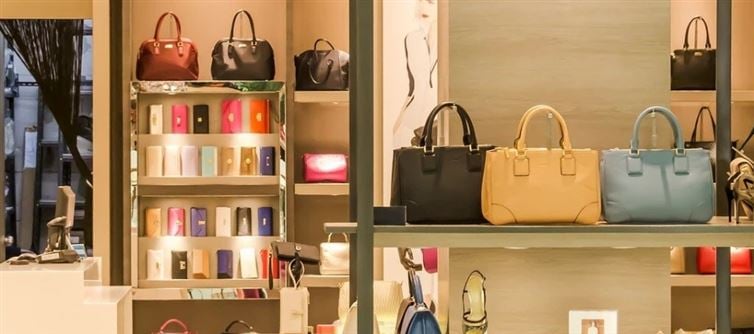
This new tax law applies to things like luxury sports gear, purses, yachts, and wristwatches.
Section 206C of the Income Tax Act applies to the tax, and sellers are responsible for collecting it. They must deposit the tcs against the buyer's Permanent Account Number (PAN). In their Income Tax Return (ITR) filings, buyers can then claim this sum as a tax credit.
The goal of implementing tcs on luxury products is to improve monitoring of high-value discretionary spending and fortify the audit trail. This action is a component of a larger plan to increase financial transparency and broaden India's tax base. Buyers may be subject to additional Know Your customer (KYC) procedures and documents at the moment of purchase, while sellers are required to ensure prompt compliance with the regulations, as per the CBDT's notifications. Obtaining a tcs certificate from vendors after the tax is placed against the buyer's PAN is part of this compliance.
In addition to commonplace high-value things like artwork, such as paintings and sculptures, luxury products that are impacted include rare treasures like coins and stamps. This tax rule also applies to lifestyle items like high-end apparel, sunglasses, and purses, as well as transportation commodities like yachts and helicopters. A Rs 30 lakh transaction would necessitate a Rs 30,000 tax collection at the source because the tcs is set at 1% of the sale price. This is similar to the current regulations for cars costing more than Rs 10 lakh.
The following luxury goods are subject to the collection of Tax Collected at Source (TCS) by the seller:
Wrist watches
Art pieces, including antiques, paintings, and sculptures
Collectibles such as coins and stamps
Yachts, rowing boats, canoes, and helicopters
Sunglasses
Bags, including handbags and purses
Shoes
Sportswear and equipment, such as golf kits and ski wear
Home theatre systems
Horses for horse racing in race clubs and polo.
According to tax experts like sandeep Jhunjhunwala of Nangia Andersen LLP, this action is crucial to operationalizing the government's intention to strengthen the audit trail for luxury products and further monitor discretionary spending. According to Jhunjhunwala, sellers are need to "ensure timely compliance with tcs provisions, while buyers... may experience enhanced KYC requirements and documentation at the time of purchase." Despite potential transitional difficulties, these reforms are "expected to promote formalization and improved regulatory oversight over time" for the luxury goods industry.
Like TDS (Tax Deducted at Source) for salaries, the tcs system enables buyers to offset the tax collected by reporting it during their ITR application. Should the tcs amount exceed the buyer's net tax liability, they can claim a refund. In line with comparable tax measures on high-value commodities like cars, this proposal, which reflects a strategic policy orientation, aims to promote a more accountable and transparent luxury goods market.




 click and follow Indiaherald WhatsApp channel
click and follow Indiaherald WhatsApp channel